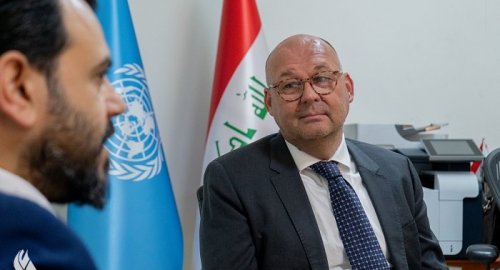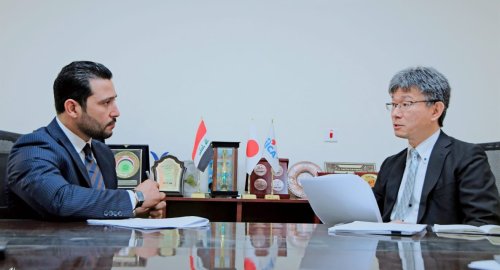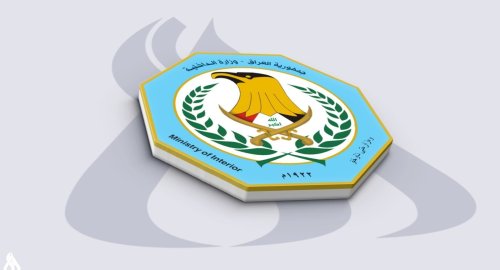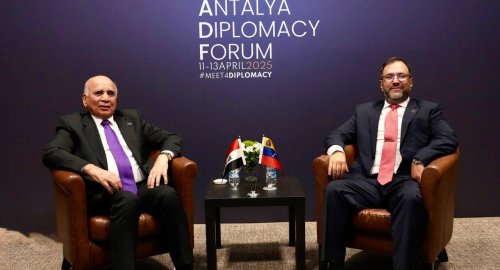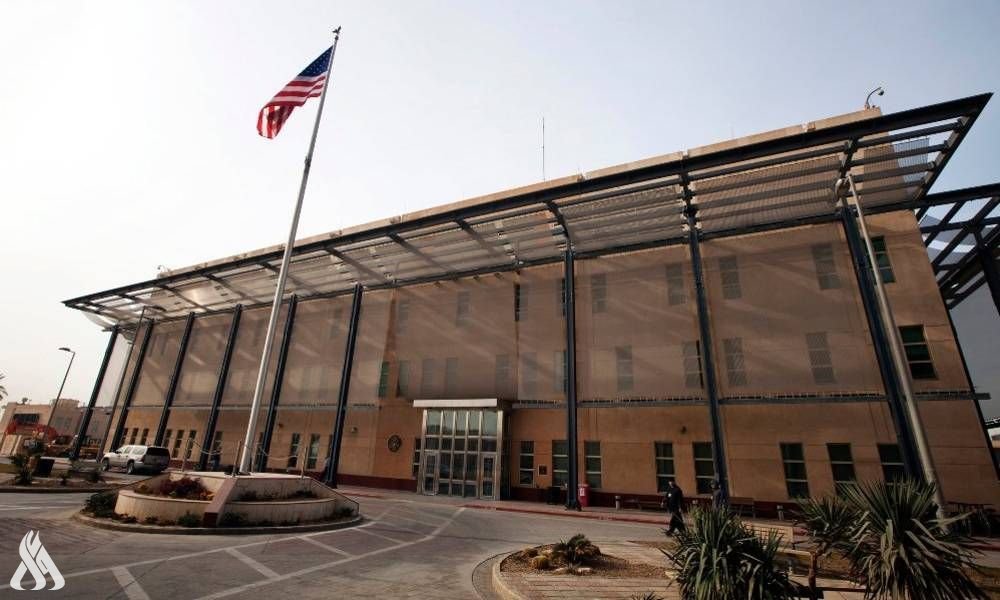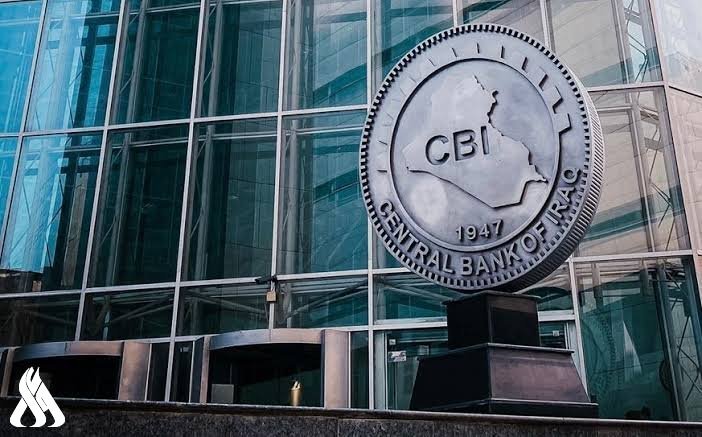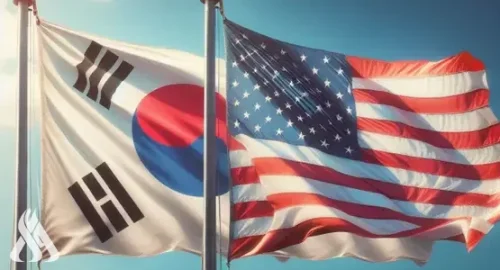
S. Korea plans $2 bn emergency aid for auto sector hit by U.S. tariffs

- 6-04-2025, 08:58
INA-sources
ASouth Korea plans to offer emergency policy financing worth 3 trillion (about $2 billion) to support its automobile industry, which has been dealt a major blow by the United States’ recent imposition of a 25% tariff on imported vehicles.
According to financial industry sources, the S. Korean government is preparing policy financing measures in anticipation of the difficulties facing the domestic auto sector due to the U.S. tariffs on Korean car exports.
A senior financial official said the government is coordinating with related ministries to draw up support measures, noting, “We are taking this situation very seriously, given its impact on our GDP. We will need to mobilize all available resources.”
Authorities are expected to expand existing programs offered through policy lenders such as the Korea Development Bank (KDB).
This year, policy institutions including KDB, the Industrial Bank of Korea, Korea Credit Guarantee Fund, and the Korea Technology Finance Corporation (Kibo) have committed to supplying a total of about $170 billion, to help companies cope with worsening global conditions and restructure legacy industries. Up to 60% of this funding will be disbursed in the first half of the year, with an additional $6.8 billion already front-loaded compared to previous years.
Separately, the government has confirmed plans to establish a new fund of up to $34.2 billion over five years to support future mobility industries such as electric vehicles, in response to heightened external uncertainties under the second Trump administration.
The Korea Development Bank is set to oversee the fund, which the government aims to start disbursing later this year, pending parliamentary approval of an amendment to the KDB Act and related guarantees. Lawmakers from both the ruling and opposition parties are backing a joint proposal to expedite the process.
The Financial Services Commission also plans to convene a financial status meeting on Apr. 7, calling together the heads of the country’s five major financial holding companies.
Financial Services Commission Chairperson Kim Byoung-hwan and Financial Supervisory Service Governor Lee Bok-hyun will meet with executives from the five financial groups, as well as representatives from the Korea Federation of Banks, Korea Financial Investment Association, Korea Development Bank, IBK, Korea Credit Guarantee Fund, Korea Deposit Insurance Corporation, Korea Exchange, and Korea Securities Finance Corporation.
Kim is expected to review the liquidity status of companies most affected by the tariffs and urge financial institutions to maintain steady credit flows. The financial authorities currently estimate total financial sector exposure to the auto industry—including loans and market-based borrowing—at around $34.2 billion.
On Mar. 26, U.S. President Donald Trump signed an executive order to impose a 25% tariff on all vehicles not manufactured in the United States.
The move poses a significant threat to S. Korea’s automobile exports, its top export category to the U.S. In 2024, S. Korea shipped $34.74 billion worth of vehicles to the U.S., which accounted for 49.1% of its total auto exports of $70.79 billion.
In a recent report, the IBK Economic Research Institute projected that if the 25% tariff is implemented, S. Korea’s auto exports to the U.S. could fall by as much as 18.6% this year compared to 2024.
source: The CHOSUN Daily
NASA pays tribute to Gagarin in honor of Cosmonautics Day
- Multimedia
- 10:12
White House: Talks with Iran were very positive and constructive
- International
- 09:40
US Embassy: Trade Mission of 60 Companies Visits Iraq
- politics
- 25/04/07
CBI unveils comprehensive reform plan to modernize banking sector
- Economy
- 25/04/07
Al-Sudani Meets Delegation from J.P. Morgan Bank
- politics
- 25/04/08

